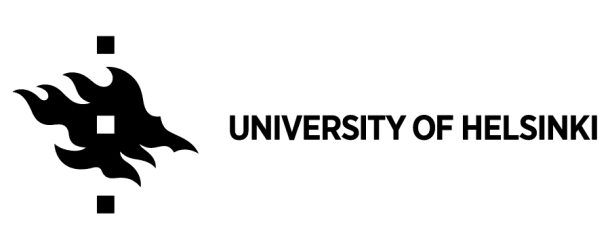Algorithm to increase the efficiency of quantum computers

(Phys.org) In a recent collaboration between University of Helsinki, Aalto University, University of Turku, and IBM Research Europe-Zurich, a team of researchers have developed a new method to speed up calculations on quantum computers. The results are published in the journal PRX Quantum of the American Physical Society.
“Unlike classical computers, which use bits to store ones and zeros, information is stored in the qubits of a quantum processor in the form of a quantum state, or a wavefunction,” says postdoctoral researcher Guillermo García-Pérez from the Department of Physics at the University of Helsinki, first author of the paper.
Special procedures are required to read out data from quantum computers. Quantum algorithms also require a set of inputs, provided for example as real numbers, and a list of operations to be performed on some reference initial state.
The method proposed by García-Pérez and co-authors uses a generalized class of quantum measurements that are adapted throughout the calculation in order to extract the information stored in the quantum state efficiently. This drastically reduces the number of iterations, and therefore the time and computational cost, needed to obtain high-precision simulations.
The method can reuse previous measurement outcomes and adjust its own settings. Subsequent runs are increasingly accurate, and the collected data can be reused again and again to calculate other properties of the system without additional costs.



















